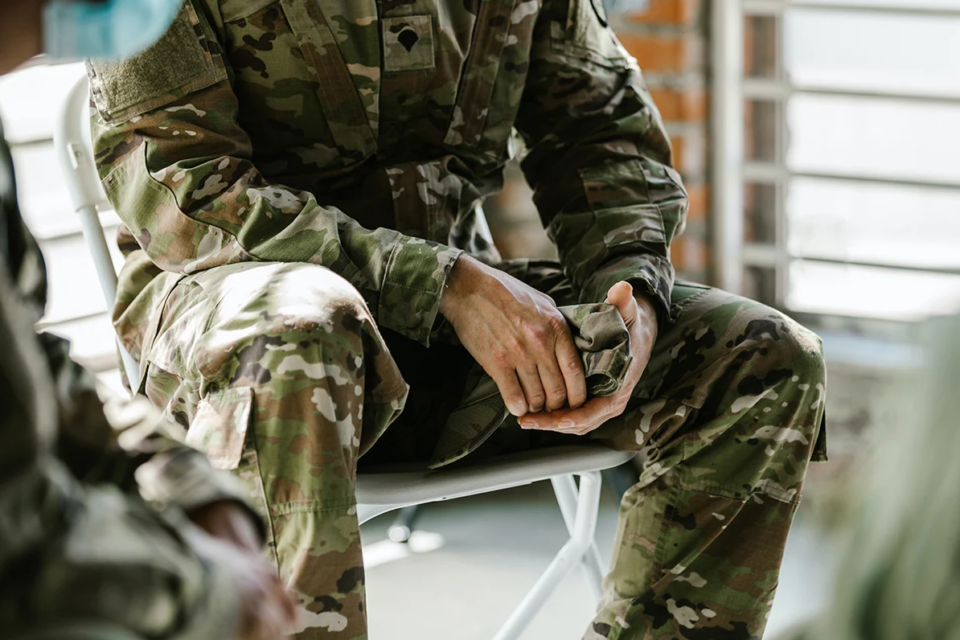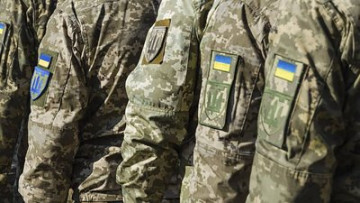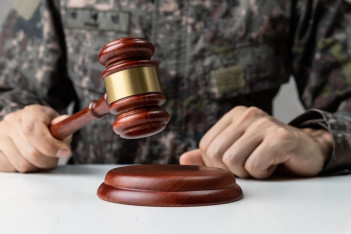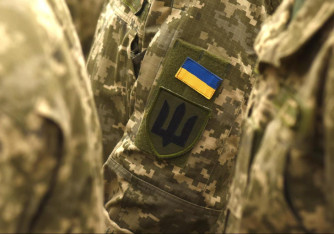Given the military operations in Ukraine, the relevance of issues related to the legal status of military personnel, especially in the context of military conflicts, has increased significantly. One of the most serious situations for a serviceman is an accusation of disobedience to command, which can not only lead to legal liability but also seriously affect his future. In such cases, the support of a qualified lawyer is not only important, but also necessary to protect the rights and interests of the accused.
Definition of insubordination and its legal consequences
Disobedience is a category of military crime that may include various actions or omissions of a serviceman who refuses to obey an order of the command or deliberately evades the performance of his duties. In the context of martial law, such actions are treated more severely, and Ukrainian law provides for both disciplinary and criminal liability for them.
Criminal liability for insubordination in Ukraine
According to the Criminal Code of Ukraine, insubordination as a crime is regulated by Articles 402-405, which provide for different sanctions depending on the circumstances of the case:
- Article 402 of the CCU - disobedience or refusal to obey an order.
- Article 403 of the CCU - failure to comply with an order of a superior, committed in the absence of the signs specified in part one of Article 402 of this Code, if it has caused grave consequences.
- Article 404 of the CCU is resistance to a superior or forcing him or her to violate official duties.
- Article 405 of the CCU is a threat to kill or inflict bodily harm or beatings on a superior, or to destroy or damage his property in connection with the performance of his military service duties.
For various forms of insubordination, a serviceman can be punished with several years in prison or life imprisonment in case of severe consequences or during combat missions.
The role of a lawyer in cases of insubordination
Given the seriousness of the charges, the involvement of a lawyer at the early stages of the case allows to ensure
- protection of the constitutional rights of the serviceman
- preservation of procedural rights;
- avoidance of unfounded accusations and further unlawful consequences.
The main functions of a lawyer in cases of insubordination:
- Legal advice - analysis of the case and recommendations on the best defense options.
- Protection during interrogations - a lawyer ensures that all procedures comply with the law.
- Preparation for court hearings - a lawyer helps to collect evidence and formulate arguments in defense of the client.
Services of a military lawyer: assistance in cases of insubordination
To ensure that a serviceman can fully exercise his right to defense, a lawyer provides support at all stages of the case:
- Meeting with the client and consultation - the first stage at which the lawyer analyzes the situation, gives advice and forms an appropriate defense strategy.
- Gathering evidence - the lawyer collects all the necessary documents, testimonies, and witness statements that may be useful in the case.
- Preparation and submission of applications and petitions - a lawyer prepares all the necessary documents, including applications and complaints to the competent state authorities.
- Representation in court - a lawyer provides defense during court hearings, representing the interests of the accused serviceman.
The importance of an experienced lawyer in cases of insubordination
A professional military lawyer is able to:
- help the client understand his/her rights;
- provide a legal assessment of the circumstances of the case;
- choose a defense strategy that best protects the client's interests.
Why a serviceman may refuse to obey an order
Disobedience often occurs due to various factors, such as:
- Psychological state - the impact of hostilities can affect the psychological health of the military.
- Conflict with command - personal or professional conflicts can affect the execution of orders.
- Illegal order - a soldier may refuse to follow an order if he or she considers it illegal.
Question
Does a serviceman have the right to refuse to obey an order if he considers it illegal?
Answer
Yes, a serviceman has the right to refuse to execute an order that he considers illegal, but this must be supported by relevant evidence. In case of doubt as to the legality of an order, it is advisable to contact a lawyer for legal advice and support.
Question
Is it possible to avoid criminal liability for disobedience?
Answer
In certain cases, if a serviceman can prove the validity of the reasons for his refusal to comply with an order, the court may take these circumstances into account. However, this requires careful analysis and collection of evidence.
Question
What documents are needed to appeal a command order?
Answer
Usually, you need to have copies of orders, command decisions, eyewitness testimony, as well as confirmation of the instructions given by the commander and personal reports with memos. Then, a complaint is filed in writing, which includes your data and contacts, the addressee of the complaint (the official or state body you are addressing), the circumstances of the situation, and what exactly is the violation of your rights and basic requirements.
The rights of servicemen when accused of disobedience:
The right to defense - a serviceman has the right to a lawyer at all stages of the proceedings.
The right to information - the accused has the right to know what he or she is accused of and to familiarize himself or herself with the case file.
The right to a fair trial - a serviceman has the right to an objective and independent trial.
Consequences of disobedience under martial law
During martial law, the laws become stricter and disobedience can have serious consequences. A serviceman who commits insubordination may:
- Be deprived of their military rank.
- Receive criminal punishment in the form of imprisonment.
- Lose social benefits or privileges.
Insubordination is a serious charge that can have significant consequences for a serviceman. The qualified services of a military lawyer are critical to protecting rights, especially in cases where the charges are of a dubious nature. Servicemen should be aware of their rights, as well as the opportunities provided by legal defence in the process of considering a case of insubordination, which can be a decisive factor in a positive outcome of the case.




































